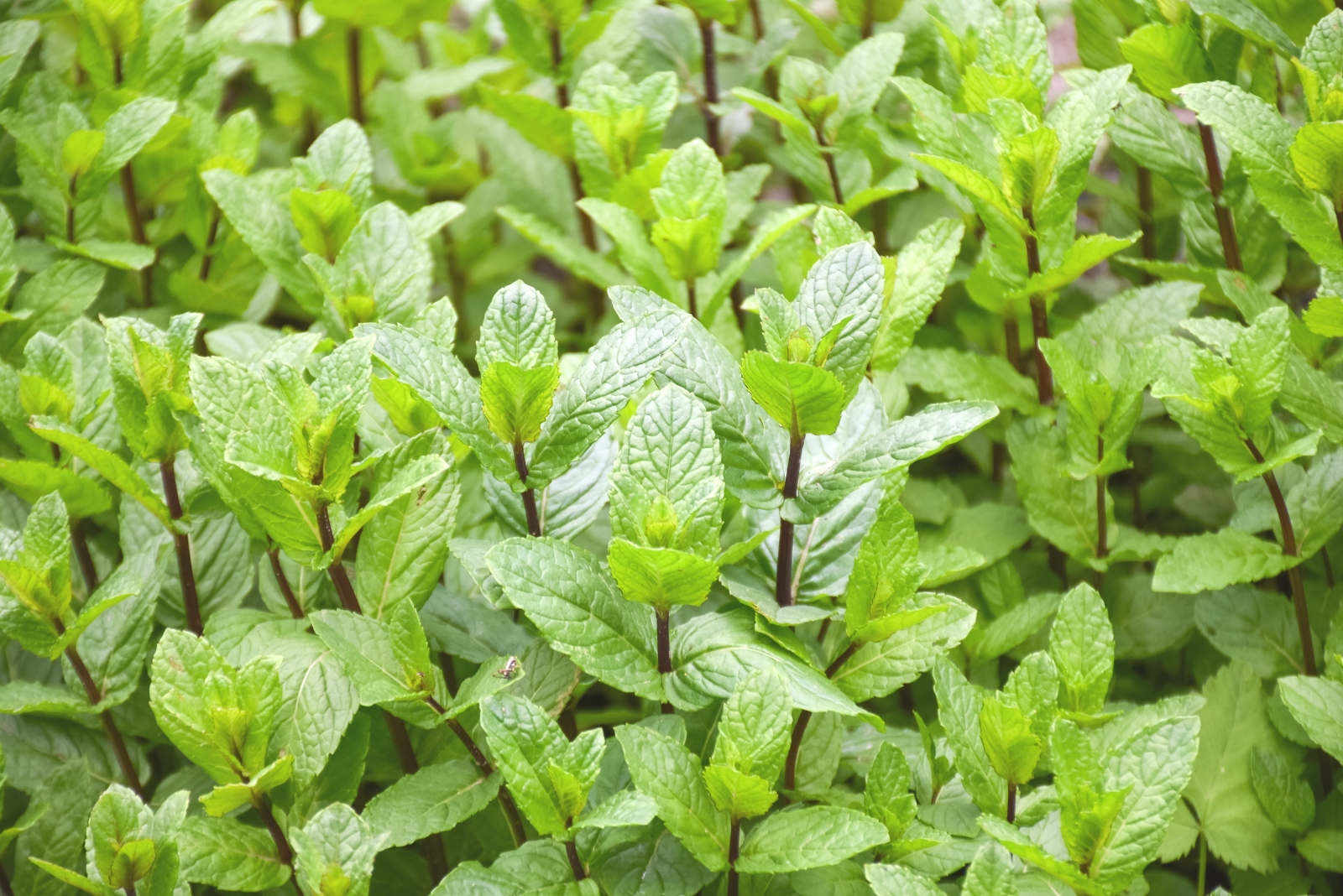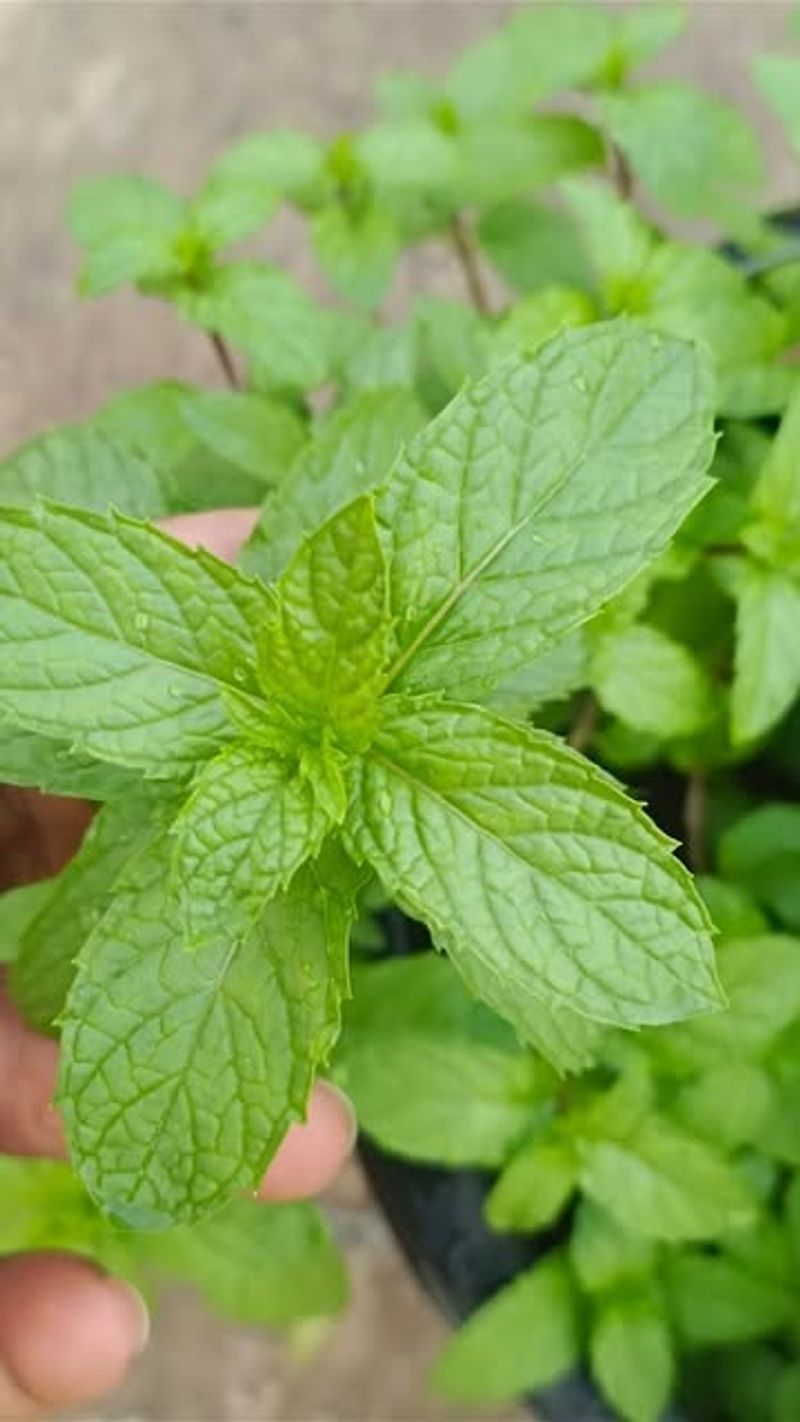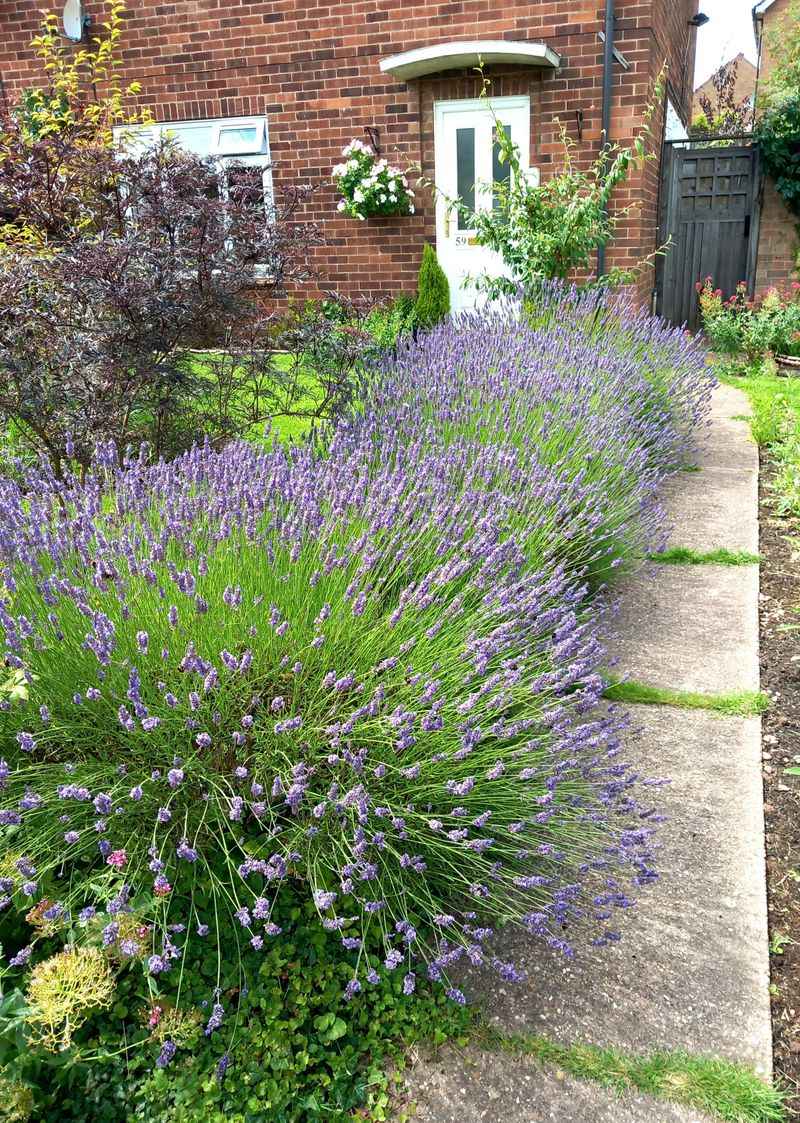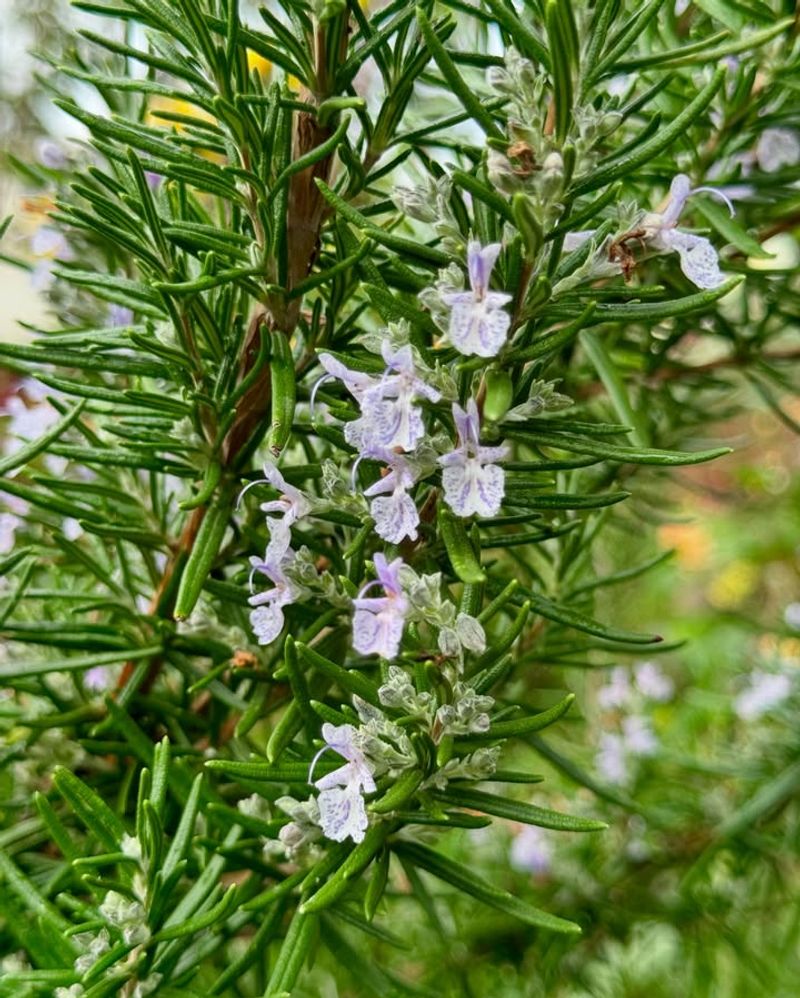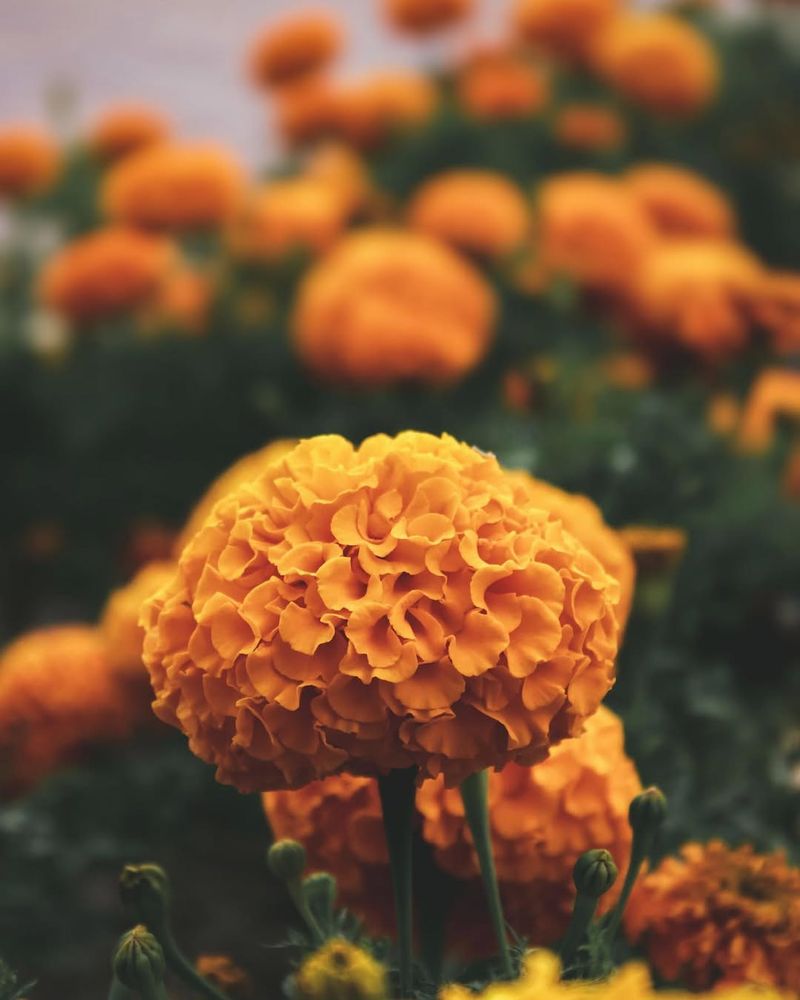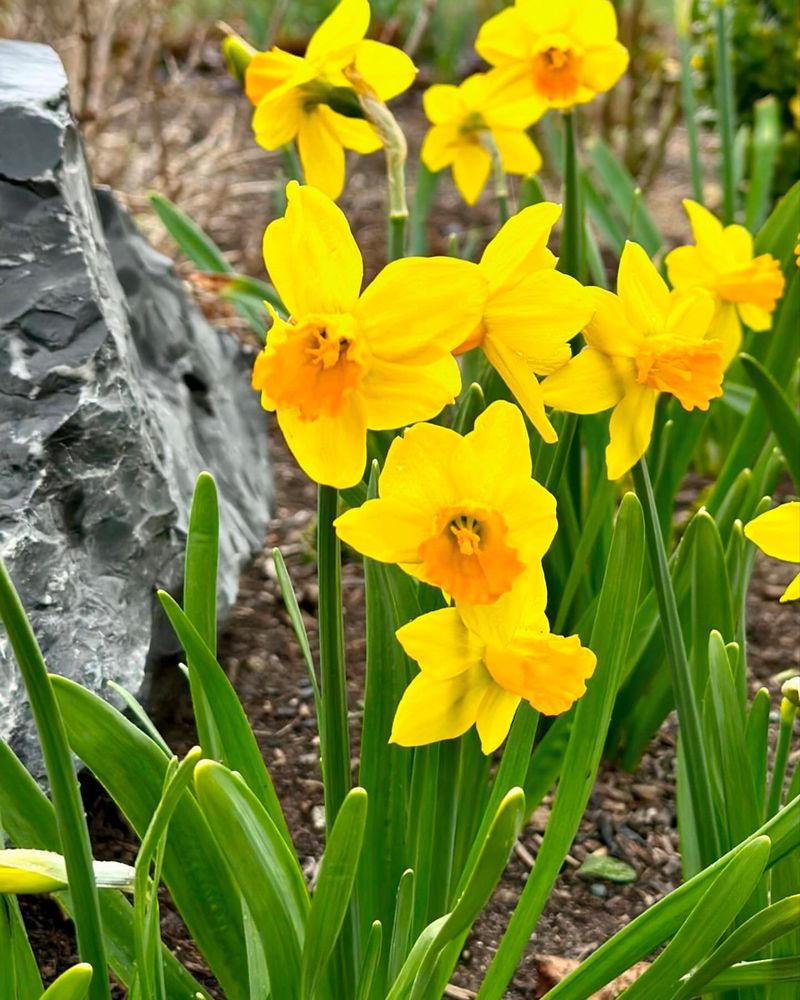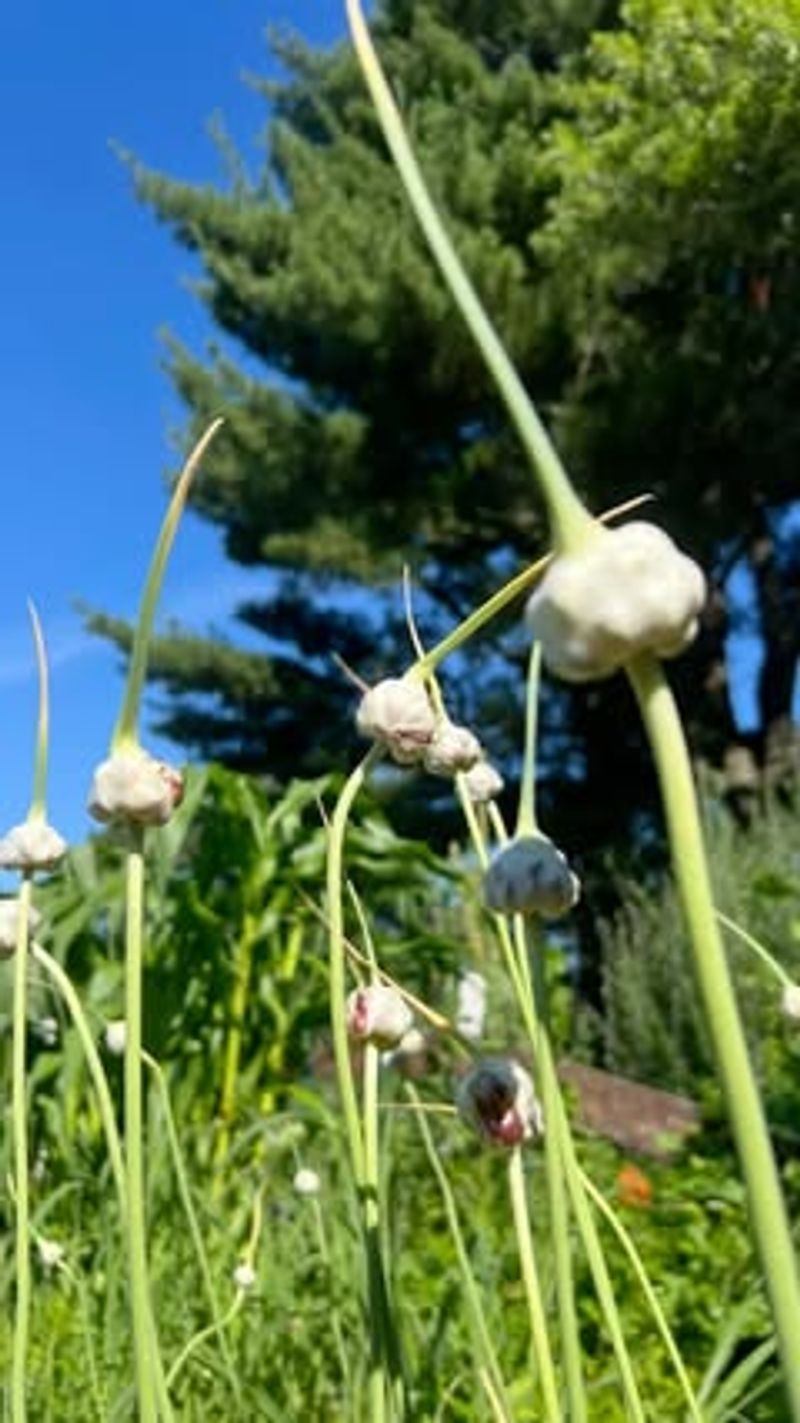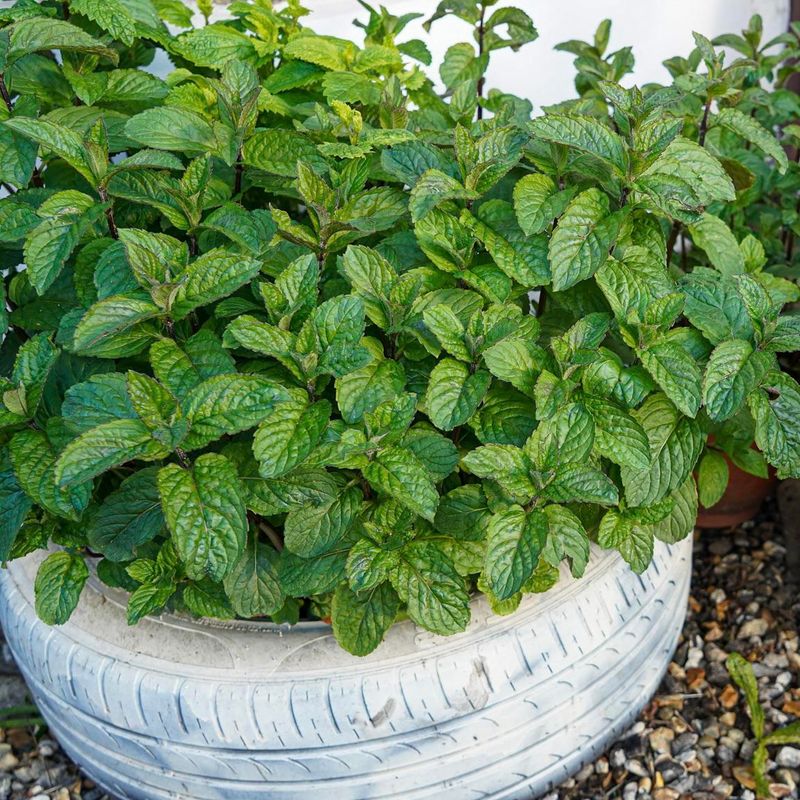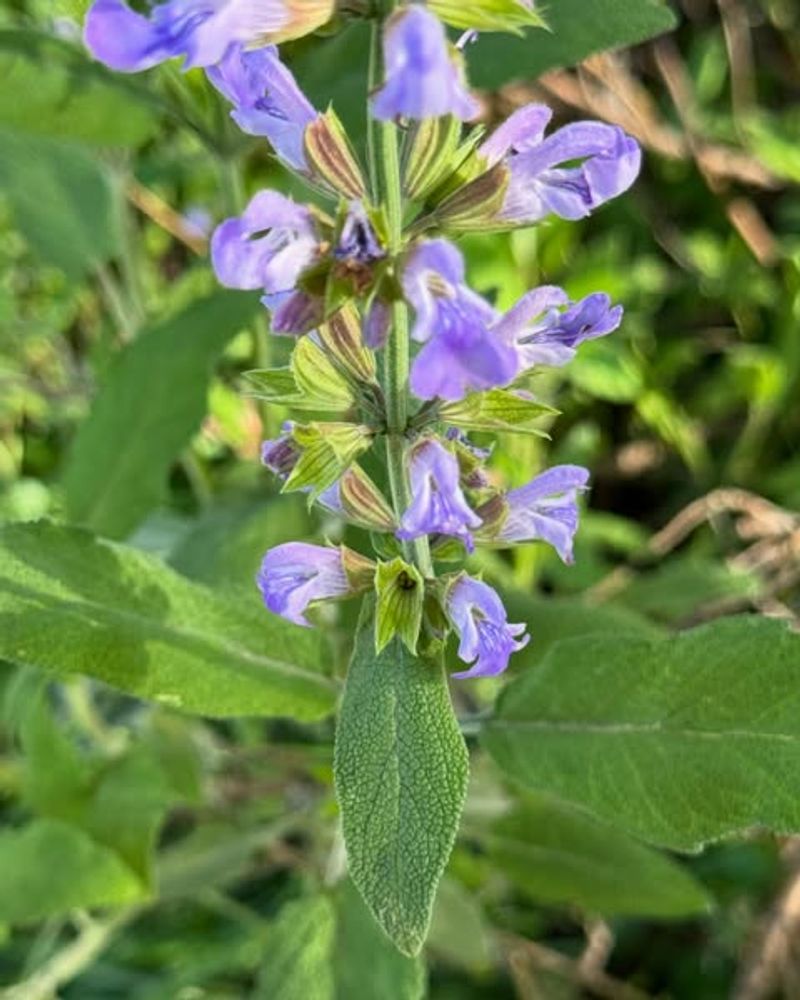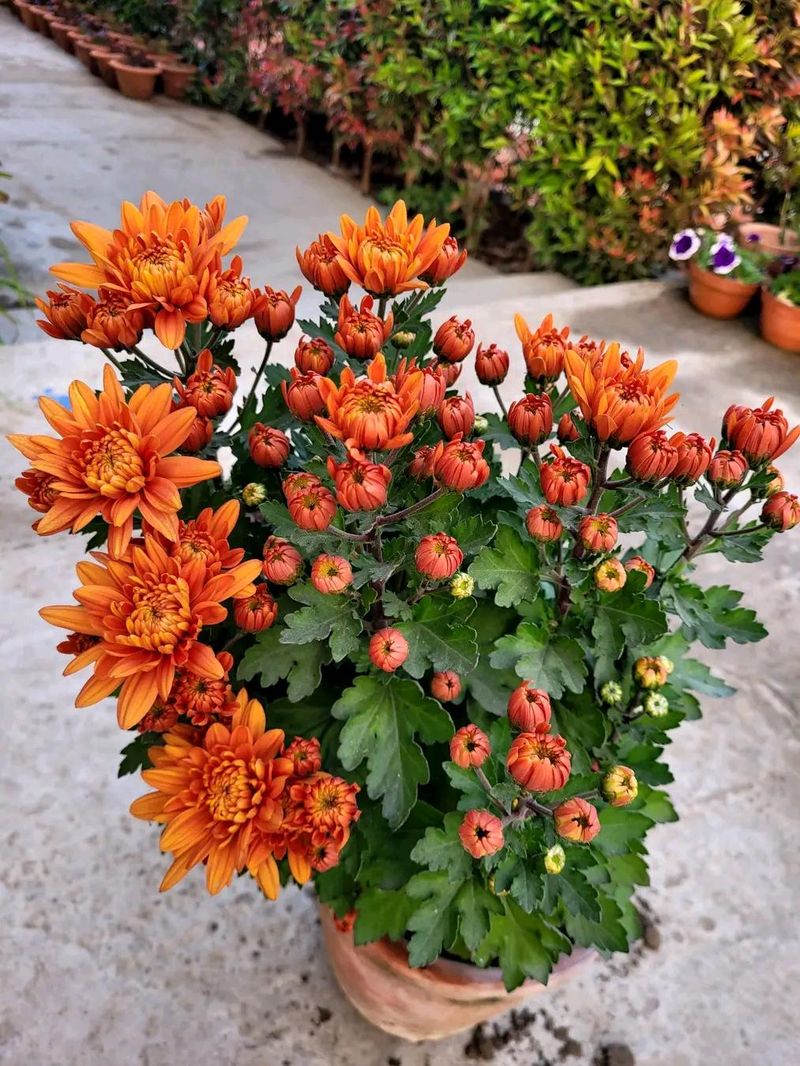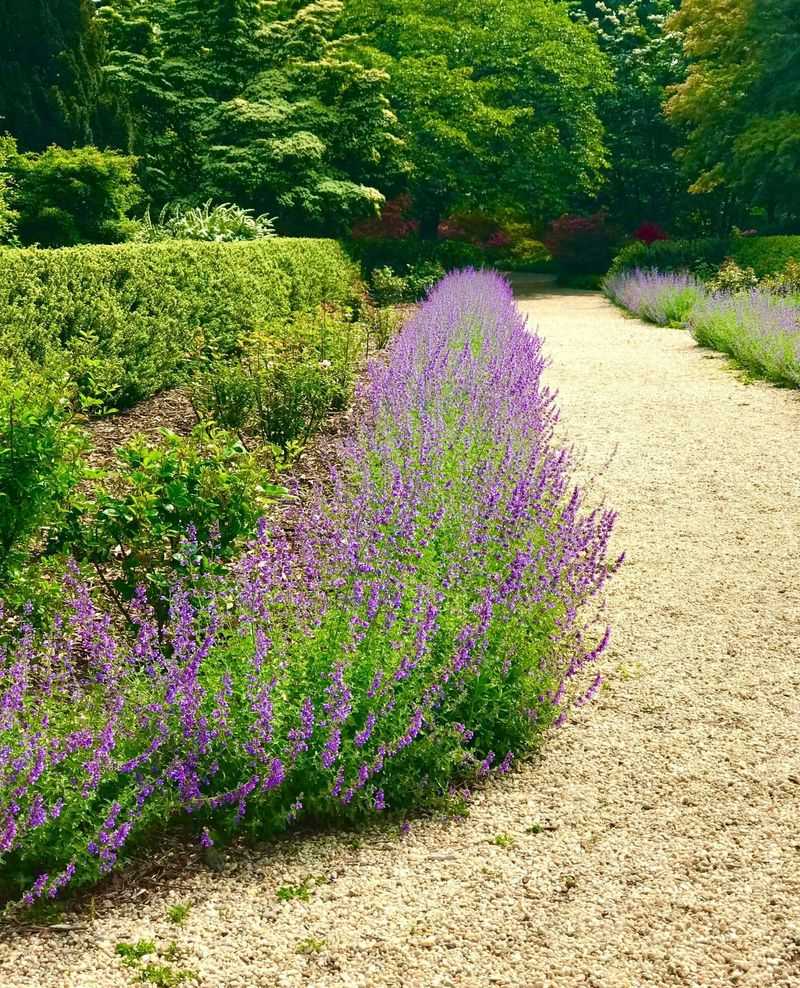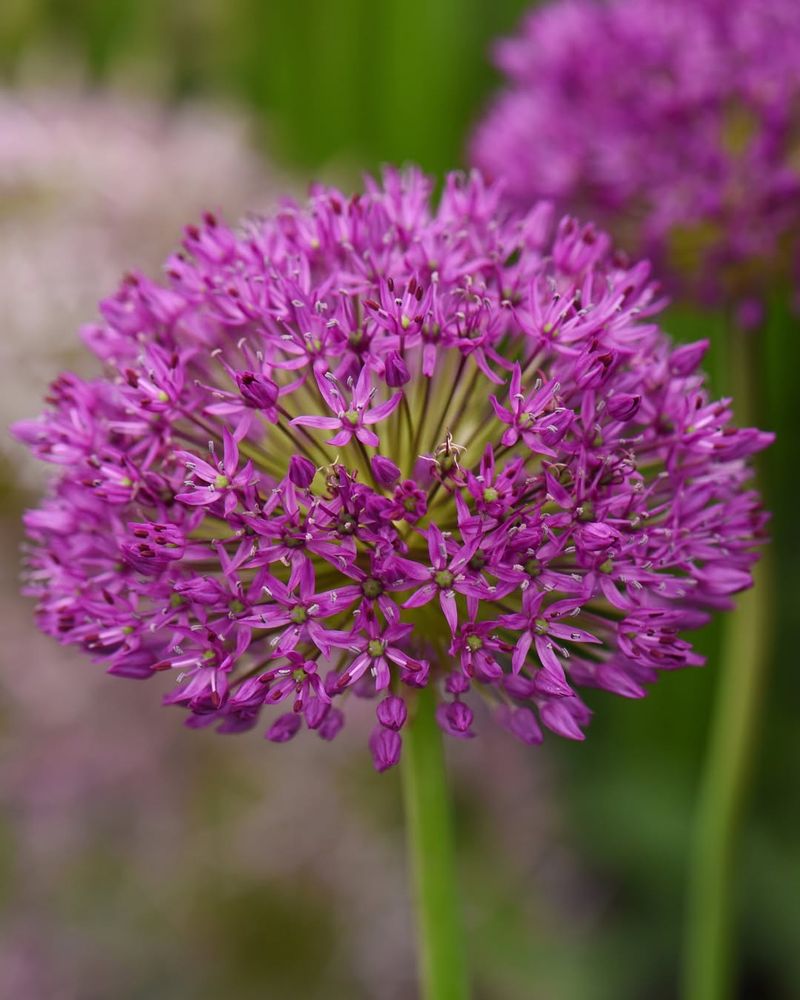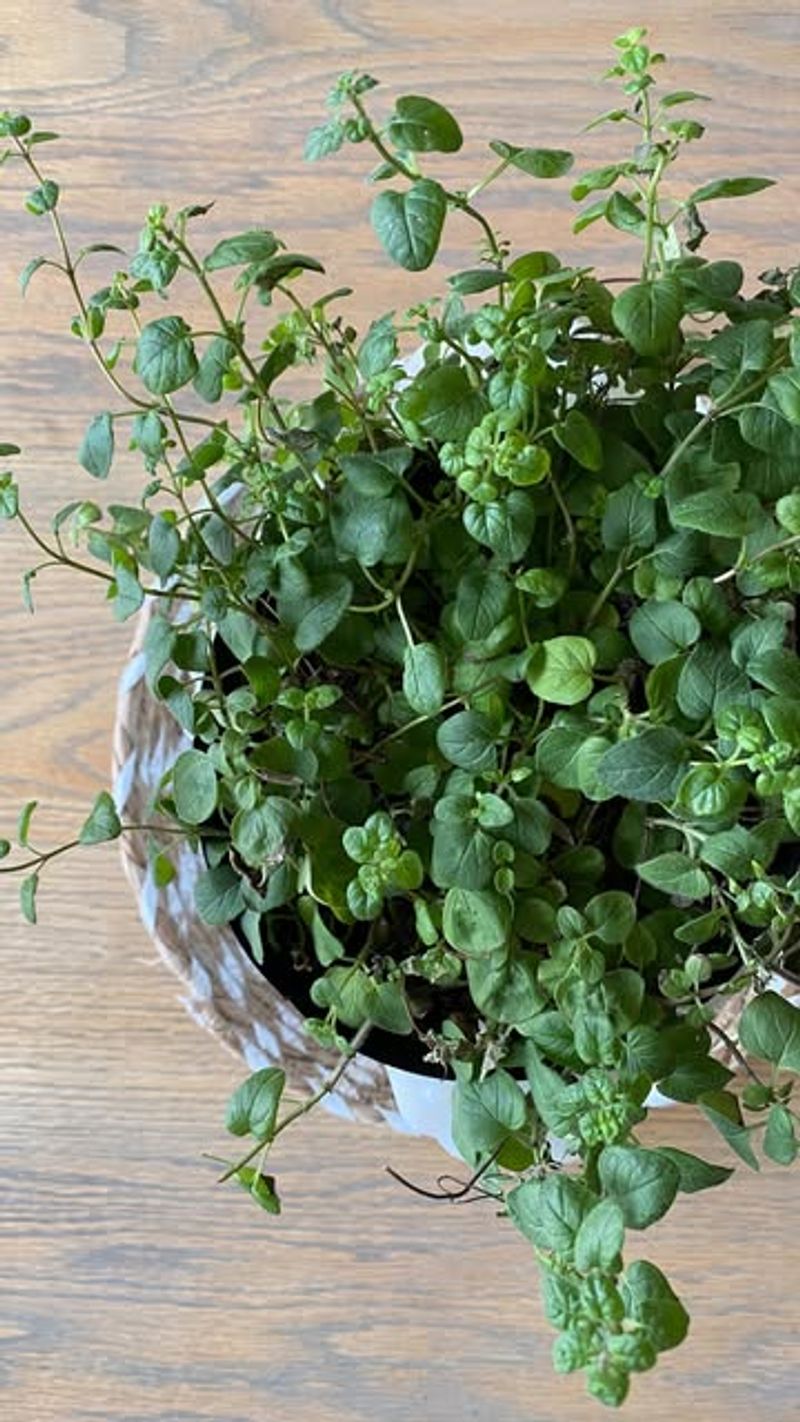Rats can turn a beautiful backyard into a stressful place in no time. Thankfully, some plants naturally discourage them from sticking around.
Planting the right varieties in your Kentucky garden can protect your flowers and veggies while looking amazing. You might even find yourself enjoying a pest-free space without lifting a finger.
1. Peppermint
Peppermint produces an intense aroma that humans love but rodents absolutely despise. The menthol compounds in its leaves create a scent barrier that sends rats scurrying in the opposite direction.
Plant it near entry points to your home or along fence lines in Kentucky yards. The plant thrives in partial shade and moist soil, making it perfect for the Bluegrass State’s climate.
Bonus: you can harvest fresh leaves for tea or cooking throughout the growing season!
2. Lavender
With its gorgeous purple blooms and calming fragrance, lavender does double duty as a beautiful ornamental and pest deterrent. Rats find the strong floral scent overwhelming and will avoid areas where it grows abundantly.
Kentucky gardeners appreciate how well lavender handles summer heat when planted in sunny, well-drained spots. Place several plants around patios, sheds, or compost bins where rodents might venture.
The dried flowers also make wonderful sachets for your home.
3. Rosemary
This woody herb releases powerful oils that confuse and repel rats with its pungent, pine-like aroma. Rosemary’s tough, needle-like leaves also create an unpleasant texture that rodents prefer to avoid.
In Kentucky, rosemary grows best in containers that can be moved indoors during harsh winters. Position pots near doorways, garages, or outdoor storage areas.
You’ll have fresh herbs for cooking while keeping your property rodent-free year-round.
4. Marigolds
Bursting with vibrant orange and yellow colors, marigolds contain pyrethrum, a natural compound that repels many pests including rats. Their distinctive smell, which some describe as musky or spicy, acts as a natural warning sign to rodents.
These cheerful annuals thrive throughout Kentucky’s growing season and require minimal care. Plant them in borders around vegetable gardens or along foundation walls.
They’ll brighten your landscape while protecting your space from unwanted critters.
5. Daffodils
Did you know daffodils contain toxic alkaloids in their bulbs and leaves that rats instinctively avoid? These cheerful spring bloomers are one of nature’s best rodent deterrents because the strong chemical compounds signal danger to rodents.
Kentucky’s climate is ideal for daffodils, which return year after year with minimal effort. Plant bulbs in clusters around your yard’s perimeter each fall.
Come spring, you’ll enjoy beautiful yellow blooms and a natural protective barrier.
6. Garlic
Few scents are more repulsive to rats than the sharp, sulfurous smell of garlic. Growing garlic bulbs creates an invisible shield around your garden that rodents won’t cross.
Plant cloves in fall throughout your Kentucky backyard, spacing them around vulnerable areas like sheds or woodpiles. Garlic tolerates cold winters and emerges vigorously in spring.
Harvest the bulbs in summer for your kitchen, then replant to maintain continuous protection against rats and other pests.
7. Mint Varieties
Beyond peppermint, other mint varieties like spearmint and chocolate mint pack equally powerful rat-repelling properties. The entire mint family produces strong essential oils that overwhelm rodents’ sensitive noses.
Kentucky gardeners should grow mint in containers since it spreads aggressively and can take over garden beds. Place pots strategically near compost areas or chicken coops.
Fresh mint leaves enhance drinks and desserts while keeping your outdoor spaces rodent-free all season long.
8. Sage
Sage’s earthy, camphor-like aroma and fuzzy texture make it unappealing to rats on multiple levels. The plant’s strong scent masks other smells that might attract rodents to your property.
In Kentucky, sage grows well in sunny spots with good drainage and can even survive mild winters. Plant it near outdoor kitchens, grills, or trash storage areas.
You’ll appreciate having fresh sage for cooking while benefiting from its natural pest-control properties throughout the year.
9. Chrysanthemums
Mums contain pyrethrin, a natural insecticide that also deters rats with its potent smell. These fall favorites offer stunning blooms in reds, yellows, and purples while protecting your Kentucky yard.
Plant chrysanthemums in late summer for autumn color around porches, patios, and entry points. They prefer full sun and well-drained soil.
The combination of beauty and pest protection makes mums a smart choice for homeowners looking for natural rodent control solutions.
10. Catnip
While cats go crazy for catnip, rats absolutely hate it! The nepetalactone oil in catnip leaves triggers a strong avoidance response in rodents, making it an excellent natural repellent.
Kentucky’s moderate climate suits catnip perfectly, and it grows vigorously with little attention. Plant it along fence lines or near outbuildings.
If you have outdoor cats, they’ll enjoy rolling in it while inadvertently helping patrol your property for any brave rodents that venture too close.
11. Alliums
Ornamental onions, also called alliums, produce the same sulfur compounds as their edible relatives that rats find revolting. Their tall, dramatic purple flower spheres add architectural interest to Kentucky gardens.
Plant allium bulbs in fall alongside other spring bloomers for a stunning display. They work especially well in perennial borders or naturalized areas.
The pungent bulbs remain in the ground year-round, providing continuous protection while requiring virtually no maintenance once established.
12. Oregano
Oregano’s spicy, aromatic oils create an environment that rats prefer to avoid entirely. This Mediterranean herb adapts surprisingly well to Kentucky conditions and spreads to form a fragrant groundcover.
Plant oregano near vegetable gardens or around the foundation of your home in sunny locations. It tolerates drought once established and returns reliably each spring.
Harvest fresh leaves all summer for pizza and pasta dishes while enjoying the added benefit of natural rodent deterrence around your property.

